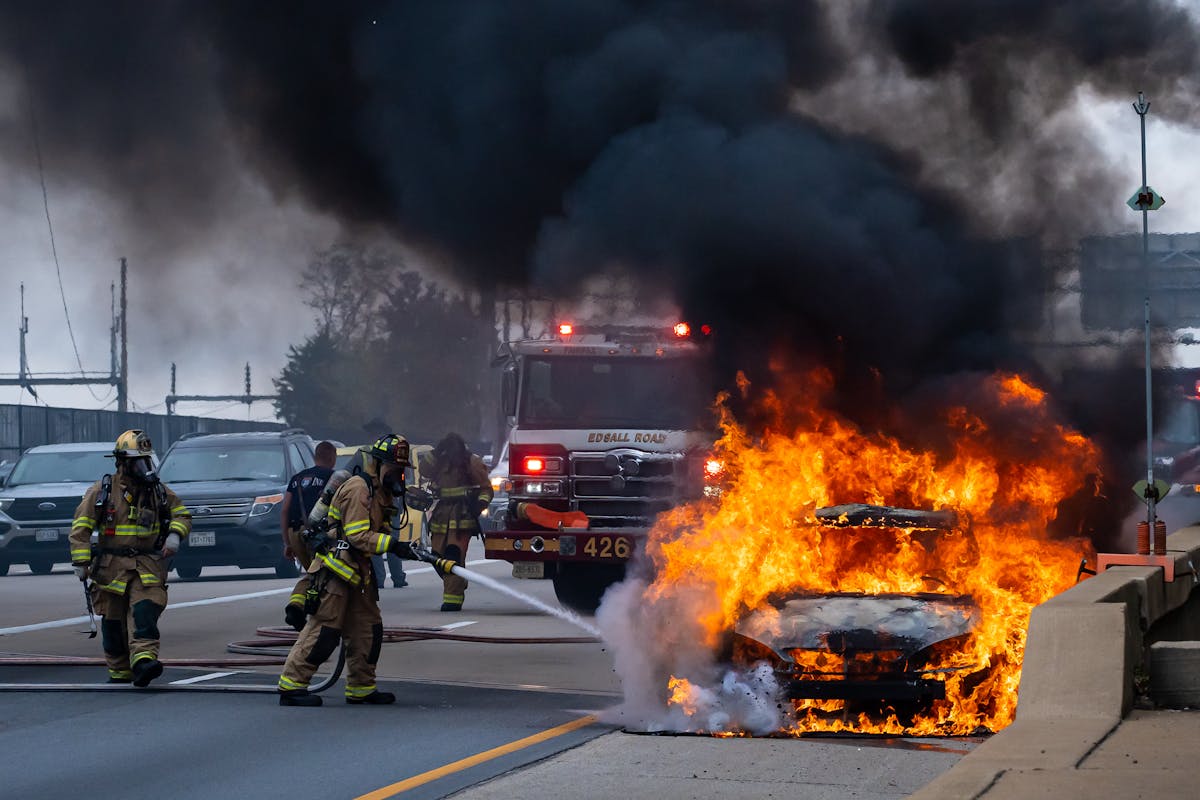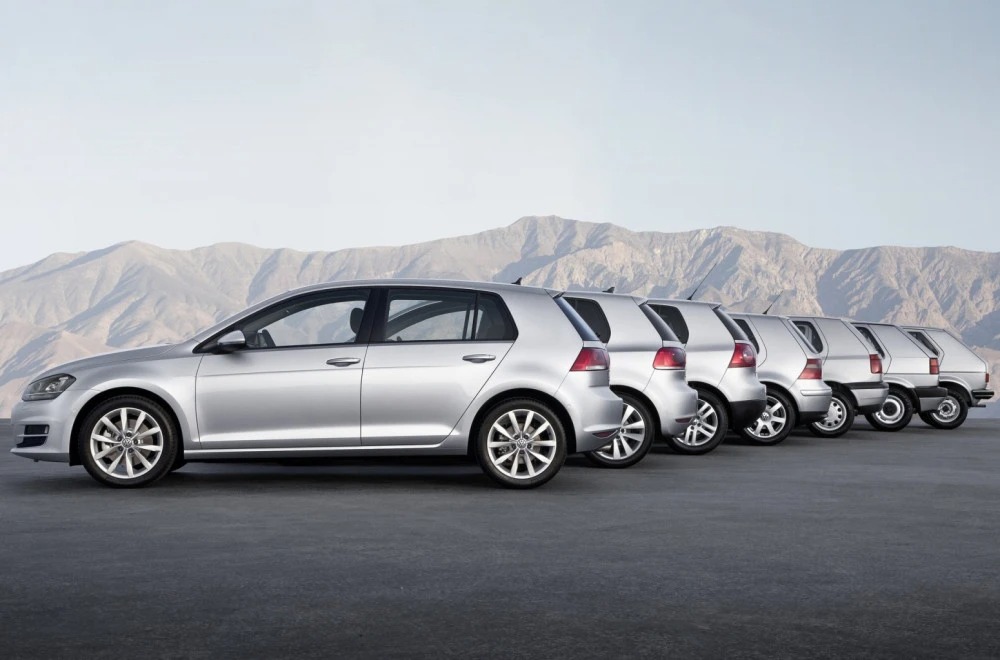
WHY DO CARS CATCH FIRE ON THE ROAD? Mechanic Explains Everything: If You're Planning a Road Trip, This Must Be Checked Before You Travel
Did you know that a car breakdown abroad can cost you as much as an entire vacation? The holiday season has begun, and many people are choosing to travel by car. What should be done beforehand to ensure a safe trip? Car mechanic Pavle Zogović reveals.
He emphasized that the most important thing is for the car to be safe and ready from both a technical and safety standpoint.
– About a month before your trip, to have enough time to do everything, visit a car service center — whichever brand you drive or one that’s close to you. A full inspection is carried out, as we do here. Basically, when the car arrives, it's thoroughly checked:
- entire suspension,
- everything around the engine,
- error diagnostics,
- tires,
- even the wipers — absolutely everything is checked.
We tell customers what needs replacing so they have time to respond. Especially during the travel season, it’s always busy, there's often a shortage of parts, everything adds up — and that’s why you need time to prepare. One, two, five, even seven days before departure is absolutely unacceptable – Pavle explains.
He added that it’s extremely important to repair the braking system if needed, because otherwise it’s unsafe.
When the brake system is faulty or so worn out that it’s completely unsafe, it endangers not only the car owner but also others on the road.
Why Cars Catch Fire on the Road
In recent days, several incidents were recorded where vehicles, including buses, caught fire while driving. In light of these events, Pavle explains why and how fires occur in cars.
– The most common issue today compared to before is oil leakage, especially in diesel engines. Due to vehicle design, the oil often drips onto the exhaust, and because of the high temperatures — especially in vehicles with a DPF filter — combined with exhaust heat, you have a recipe for a car fire. In certain areas, like uphill roads or mountainous regions, the load increases temperature, contributing to the issue. Another cause is the electrical system, but that's a much smaller problem today – he notes.
How to Use Car Air Conditioning Properly
With Serbia experiencing the first summer heatwave and high daily temperatures, staying in vehicles has become a special challenge, especially for those who spend most of their day in them. In this context, Pavle also emphasized the ideal temperature difference when using car air conditioning — reports Kurir.
– Nowadays, most cars have automatic climate control, which adjusts the temperature based on cabin conditions. Still, I recommend no more than a 10-degree difference because it’s really a shock. If you stop at a gas station or for a rest break, you could step into a 15-degree temperature jump. Many drivers avoid automatic mode and set the lowest temperature. Sure, the cabin will cool faster, but if you're starting a trip, let the cabin cool gradually — ideally keeping that difference within 10 degrees – Pavle concludes.





